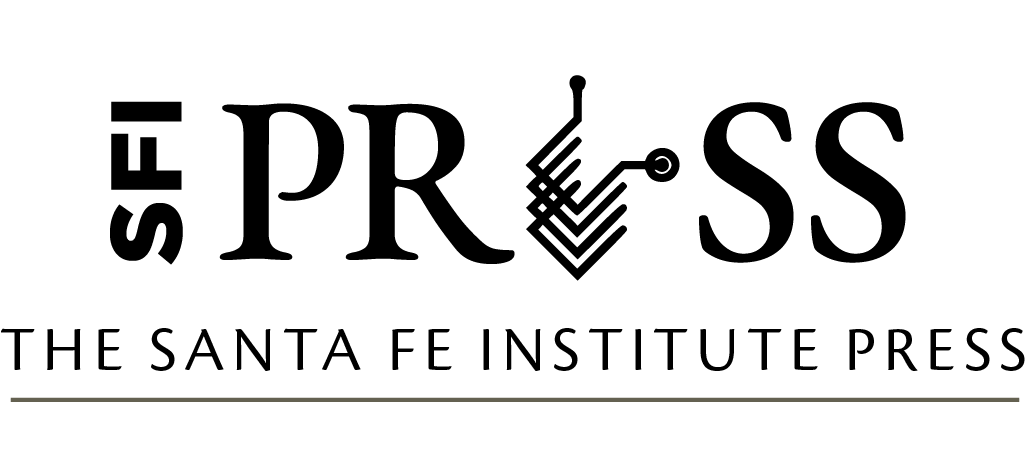The Emergence of Premodern States
The Emergence of Premodern States
Like many other sciences, archaeology is experiencing a data deluge. The recent accumulation of accessible data on early urban societies, coupled with the re-emergence of comparative studies, puts modern scholars in a position to make significant theoretical advances concerning the key episode of human social organization that provided the foundations of the contemporary world: the formation of the state.
A complex systems approach—pioneered at the Santa Fe Institute—involves fully interdisciplinary explorations of long-debated questions. Can basic quantitative analysis of human social evolution reveal macrocultural processes? Can we understand social cohesion by way of cultural genotypes? And does the emergence of social complexity involve the creation of new potential or the realization of latent human capabilities?
In this volume, many of the foremost experts in quantitative archaeology and anthropology leverage innovative methodologies—including agent-based modeling, network analysis, and theoretical applications of evolutionary biology—to push the field in new directions.
Purchase
Amazon (paperback, hardcover, ebook)
Donate
Make a donation to the Santa Fe Institute and we’ll say “thanks!” with an electronic version (PDF and, for some titles, MOBI and ePub) of your choice of SFI Press book.
Table of Contents
PART I: BACKGROUND
1: Extending Our Knowledge of Premodern States, Jeremy A. Sabloff
2: The Problem of States: The State of the Problem, Henry T. Wright
3: Systematic Comparative Approaches to the Archaeological Record, Laura Fortunato
PART II: NEW RESEARCH
4: Status, Role, and Behavior in Premodern States: A Comparative Analysis , Paula L.W. Sabloff and Skyler Cragg
5: Ecological and Social Dynamics of Territoriality and Hierarchy Formation, Paul L. Hooper, Eric Alden Smith. Tim Kohler, Henry T. Wright, and Hilliard S. Kaplan
6: Sociopolitical Evolution in Midrange Societies: The Prehispanic Pueblo Case, Tim Kohler, Stefani Crabtree, and R. Kyle Bocinsky
7: The Contours of Cultural Evolution, Scott Ortman, Lily Blair, and Peter Peregrine
PART III: SYNTHESES
8: Cultural Genotypes and Social Complexity, Scott Ortman
9: Toward a Theory of Recurrent Social Formations, Peter Peregrine
10: Concluding Remarks, Jeremy A. Sabloff and Paula L.W. Sabloff
Contributors:
Lily Blair, Stanford University
R. Kyle Bocinsky, Washington State University
Stefani Crabtree, Pennsylvania State University
Skyler Cragg, formerly SFI
Laura Fortunato, University of Oxford and SFI External Professor
Paul L. Hooper, Santa Fe Institute
Hilliard S. Kaplan, University of New Mexico
Tim Kohler, Washington State University and SFI External Professor
Scott Ortman, University of Colorado Boulder and SFI External Professor
Peter Peregrine, Lawrence University and SFI External Professor
Eric Alden Smith, University of Washington
Henry T. Wright, University of Michigan and SFI External Professor


